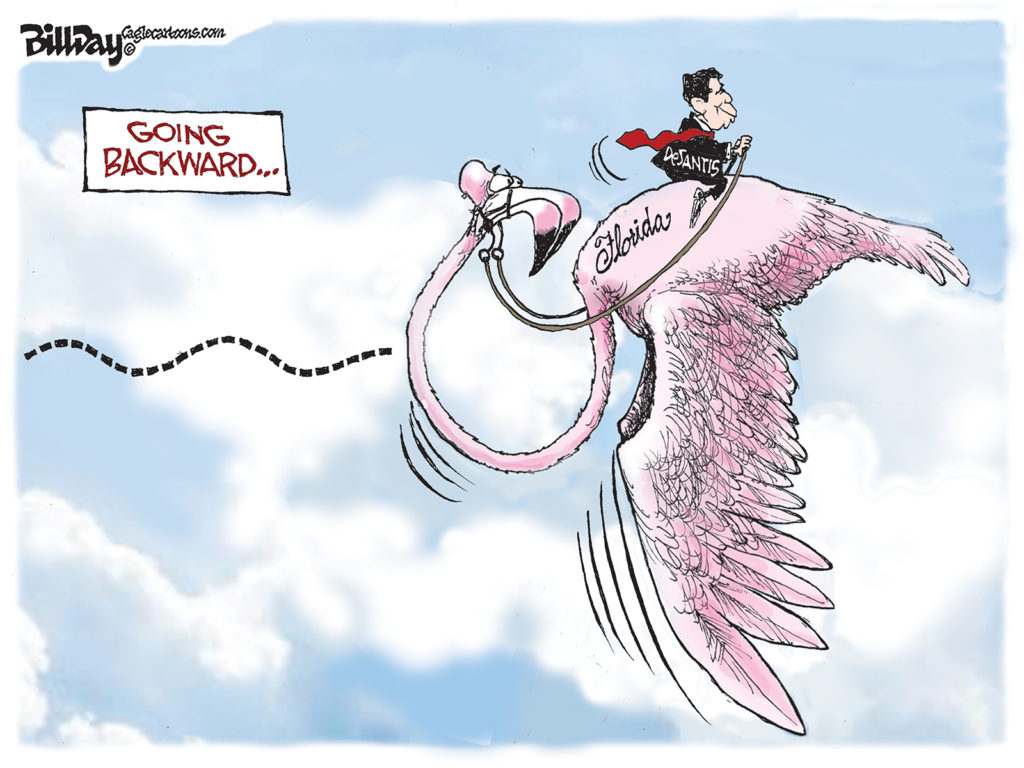Thanks to The Commercial Appeal for publishing my op-ed on the financial opportunities for City of Memphis that results from leaving Tennessee Valley Authority. Here’s an unabridged version:
How long the coronavirus pandemic will last or how deep the recession that it triggered will be is anyone’s guess. But what we do know is that nearly every source of the city’s revenue, from sales taxes to property taxes, is falling critically short of the money needed to run the city.
Even before the city’s budget was choked by the pandemic, Mayor Strickland predicted that the next fiscal year for Memphis will be the worst since he took office. He now describes it as “grim.”
As a result of the pandemic, sales tax revenue, which funds nearly one-fifth of the city’s operating budget, is expected to drop by at least 20 percent and many people may not be able pay their property taxes. The city’s financial shortfall could top a whopping $50 million and approach $100 million.
The implications could ripple throughout Memphis. Favorite city-owned attractions could be shuttered. Community centers and libraries could face closure. Road paving could be eliminated and even emergency services could be affected
It is the local chapter of a national story: gloomy outlooks leaving cities to struggle to figure out how to fund government and where the needed revenues will come from.
But for Memphis it doesn’t have to be that way.
A Unique Opportunity
Instead of gloom and doom, Memphis, unlike other cities, is in a unique position to recover its lost revenue and more – hundreds of millions of dollars more.
All it takes to unlock this money is a decision by Memphis leaders to opt to leave TVA and purchase our city’s electric power from another reliable supplier of electricity at less expensive prices. It’s a proposal that for two years has been before city leaders and, in particular, the leadership at Memphis Light Gas and Water that arguably has been slow-walking a decision that cries out for visionary leadership amid serious concern about rising power rate in a city with five zip codes where the poverty rate is higher than 40 percent.
Where is this potential pot of gold? The good news is that we already know.
Four major studies – one commissioned by MLGW itself – have all reached the same conclusion: Memphis could save as much as $450 million a year if Memphis leaves TVA and joins Mid-Continent Independent Service Organization (MISO), a non-profit distributor of electric power across the Mississippi River in Arkansas.
Here’s the math: MLGW currently pays TVA $75 per megawatt hour for electric power, or nearly $1 billion every year. MLGW in turn sells that power to its rate payers – you and me.
Options And More Options
If Memphis leaves TVA and joins MISO, which is six times larger than TVA and reliably and safely serves most Midwest municipalities in 13 states from Louisiana into Canada, MLGW would on average pay MISO about $45 per megawatt hour or $30 less than it pays TVA.
Therein lies a remarkable savings to MLGW of about $450 million a year.
According to the existing power contract between MLGW and TVA, MLGW must give TVA five years notice if it intends to leave TVA as a supplier. As soon as MLGW notifies TVA of its intent to leave following a Request for Proposals (RFP) process, MLGW then could ask these financial companies to sell as much as $1 billion against two and half years of future savings. These financial companies would sell these bonds to its pool of investors desperate for safe investments in these uncertain times.
Memphis would have the money it needs to remedy the shortfall caused by the recession, MLGW would have the $200 million it needs to repair its infrastructure, and there would still be money the city could use to fund additional services, such as universal Pre-K, a better MATA system, and a program to help struggling small businesses.
The possibilities are almost endless. And here’s the best part: what MLGW customers – you and me – pay for electric power could be lowered as much as 30 percent.
When MLGW begins to record the substantial savings after leaving TVA, MLGW begins to pay back the investors with interest. If interest rates remain at historic lows, the interest costs could be only a small portion of the savings.
It Shouldn’t Be This Hard
It’s not a pipe dream. Municipalities, including all local ones, often turn to the bond markets to borrow money. The City of Memphis has been doing it for years to help fund the capital needs of government. The city’s bond rating is among the best, allowing the City to take advantage of very low interest rates.
Simply put, what’s stopping MLGW from leaving TVA is the lethargy of an old bureaucracy and a campaign of fear and misinformation by TVA that claims no one else will be as reliable, as if the rest of the nation lives in constant fear that their power source is unreliable. And yet, all power providers answer to the same federal regulatory agency.
Despite already having the results of four studies, including one of its own, MLGW was apparently not satisfied by the conclusions and is spending $500,000 more to hire Siemens, a German multinational conglomerate, to conduct yet a fifth power supply study for Memphis. Based on what Siemens already has released about its findings, it appears that it is likely to recommend that if MLGW leaves TVA, it should generate its own power supply by building new power plants and managing its own power delivery – an endeavor that would be far too costly and even foolish for MLGW to tackle.
Most of all, it feels like a recommendation designed as a premise for MLGW to stay with TVA and its high costs.
Each of the previous four studies said that the last thing Memphis should do is to build its own power plants and manage its own power supply. Rather, all MLGW has to do is contract its power generation to MISO for energy supply. Certainly, there would be initial costs to join MISO, such as building a new power grid across the river, but those costs easily could be covered by a $450 million annual savings.
Ending The Foot Dragging
MLGW’s cozy relationship with TVA is well known. Our hometown utility has never been willing to challenge TVA in any substantial way. Apparently, they are not willing to do so now. And TVA, faced with the possibility that its largest client, Memphis, may leave the fold for another power supplier, has in recent months raised its visibility in Memphis, talked with civic and political leaders, visited media managers and doled out millions of dollars to local projects.
After 80 years, TVA has suddenly discovered that there’s another large municipality in its footprint other than Chattanooga, Knoxville and Nashville – all of which, except Memphis, have enjoyed TVA’s largesse for years, a largesse subsidized in those cities by Memphis rate payers, not to mention the $8.1 million salary for the TVA president, the highest paid federal employee.
In the midst of this debate, MLGW has been before Memphis City Council at least three times in the past four months seeking another electric rate increase which could hike the average utility bill by $14 per month or $168 per year. According to MLGW, the rate hike is needed so that the utility could begin to raise as much at $200 million to improve its infrastructure. The council is scheduled to vote on that rate increase this summer.
We have heard MLGW’s excuses for dragging its feet on leaving TVA and obtaining power at a lower cost, eliminating the need for a rate hike, reducing our power bills, improving our city’s financial health, and most of all, doing what’s in the best interest of the people of Memphis and Shelby County.
Acting With A Sense of Urgency
At a time when thousands of MLGW ratepayers have lost their jobs and live with great uncertainty about the future, when increases in incomes in Memphis lag behind other comparable communities, and when poverty continues to grip too many of our fellow citizens, what is the logic in raising electric rates again when the money needed for infrastructure upgrades – and major improvements to our city — is only a decision away?
If MLGW leadership lacks the vision to make the decision that is right for the citizens of Memphis, it’s time for elected officials to call for an end to the delay and make the decision for it. Time is of the essence.
**
Join us at the Smart City Memphis Facebook page for daily articles, reports, and commentaries that are relevant to Memphis





Good morning:
Leaving TVA is most beneficial to MLGW and not the residential customer based on the information contained in the editorial. Will my utility bill decrease if MLGW leaves TVA? If so, by how much? No one has been able to provide any information on the cost savings for residential customer. My bill runs about $200 per month. How much will I save on the switch?
Dear Anonymous 7:48,
The op-Ed says clearly that you could get as much as a 30% cut.